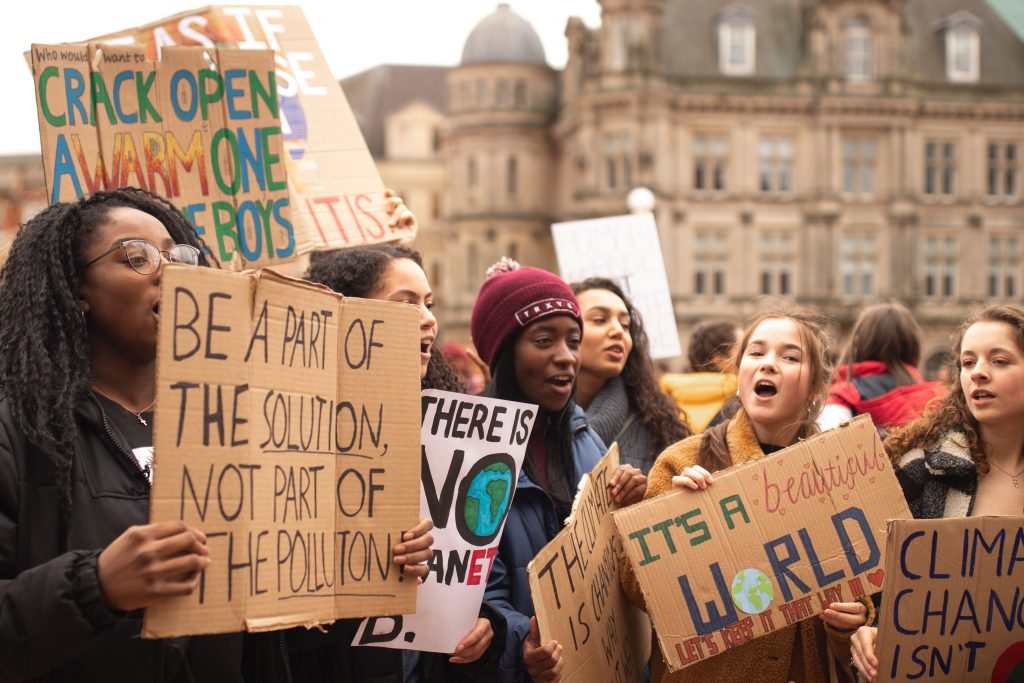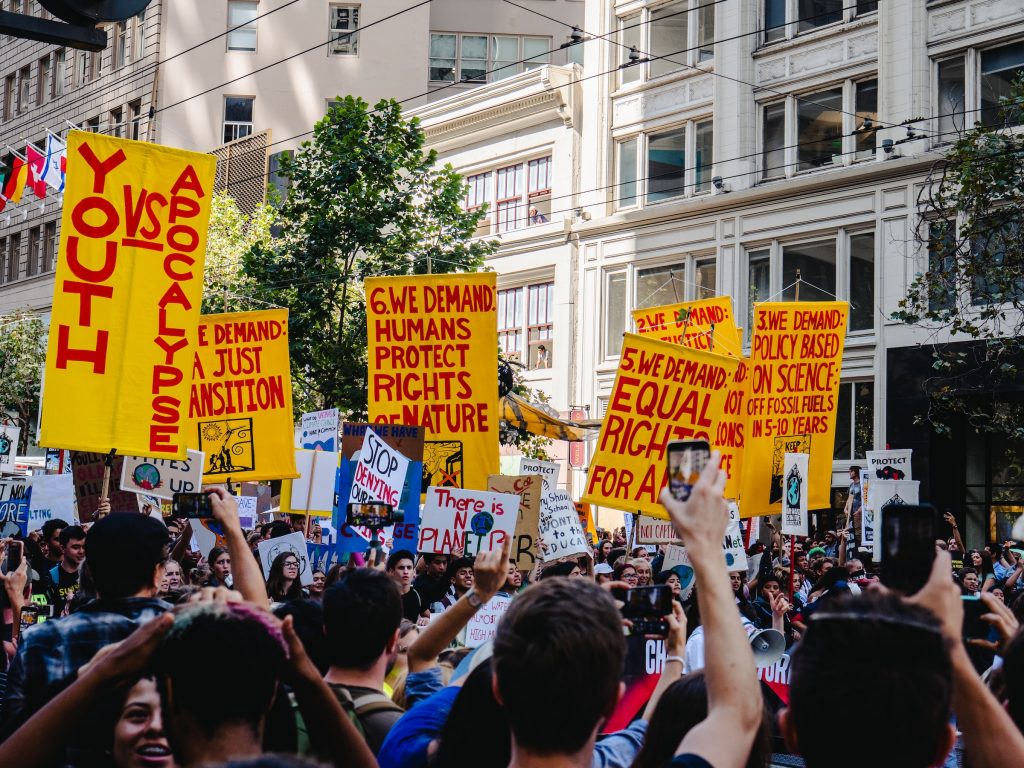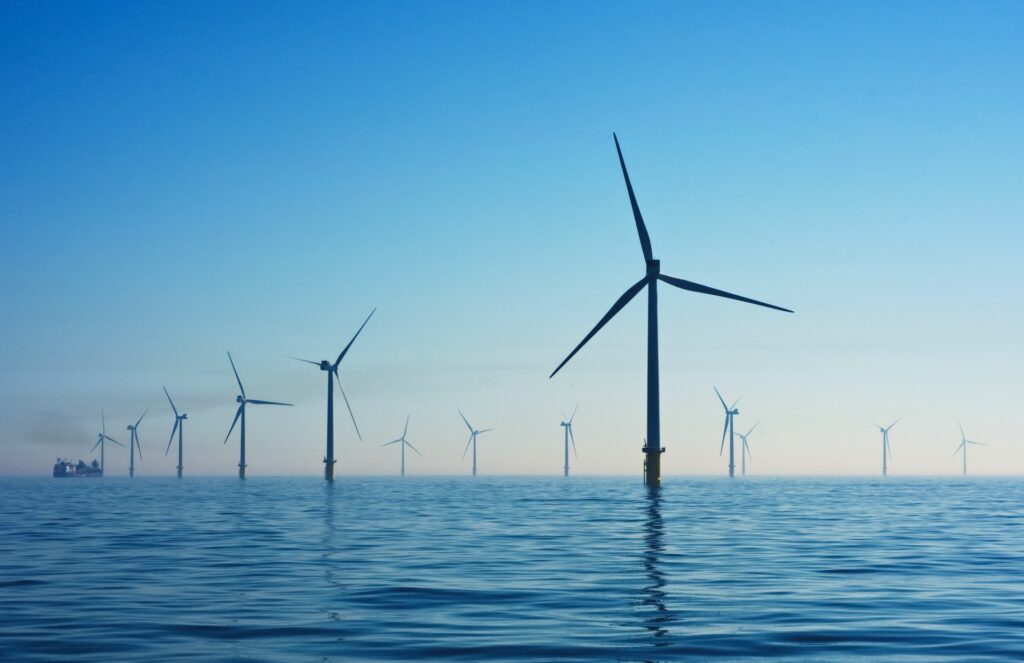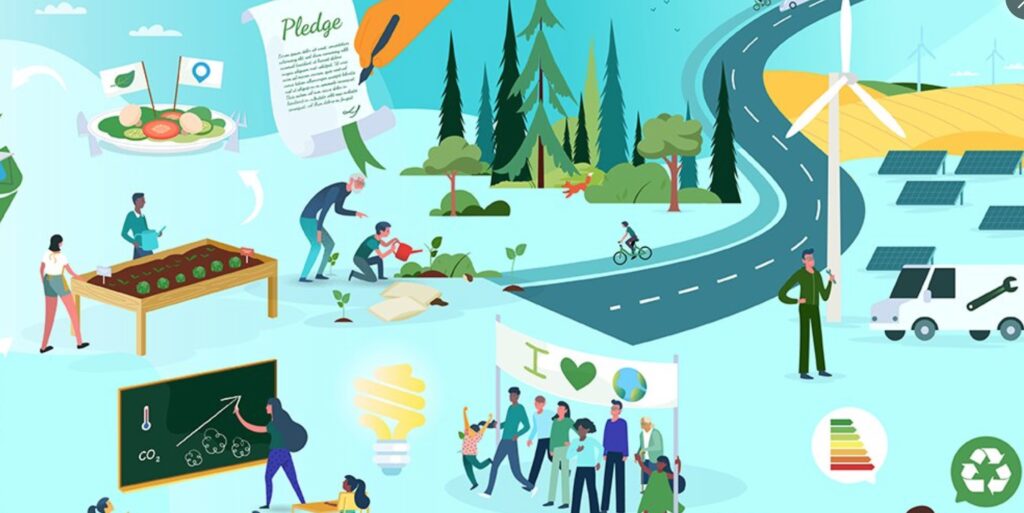
Talking about climate change in a way that makes a difference
Climate change has trespassed the boundaries of science. It has exited academic buildings and entered parliaments, newsrooms, and the everyday life of each of us. As climate awareness rises among policy makers and common citizens alike, one of the biggest challenges is to turn it into rapid and concrete actions. How can communication assist in this process?











